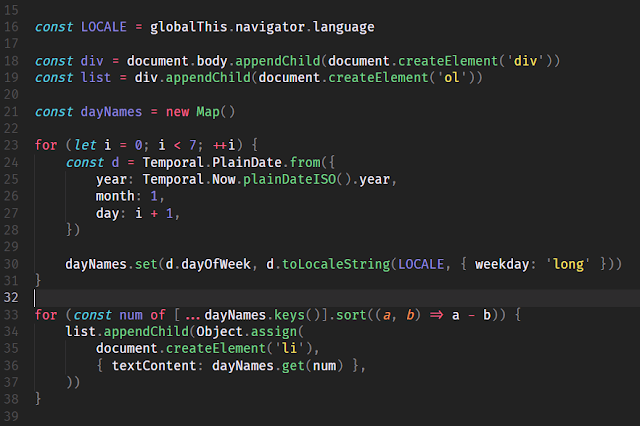JavaScript is a widely-used programming language that runs in web browsers, allowing developers to create interactive web pages and web applications. It has been the dominant language for front-end web development for many years and continues to be heavily utilized. However, it is important to note that JavaScript's popularity and usage have not been falling out of favour. In fact, JavaScript remains a fundamental technology for web development and has evolved significantly to adapt to new trends and demands. Here are some key points about JavaScript's power and its current status:
Versatility and Ubiquity: JavaScript is a versatile language that can be used for both front-end (client-side) and back-end (server-side) development. With frameworks like Node.js, JavaScript can be used to build scalable and high-performance server applications. JavaScript's ubiquity across browsers makes it an ideal choice for developing interactive web interfaces.
Large Ecosystem: JavaScript has a massive ecosystem with a vast collection of libraries, frameworks, and tools. Popular front-end frameworks like React, Angular, and Vue.js have propelled JavaScript's capabilities in building complex user interfaces and single-page applications.
Modern Language Features: JavaScript has undergone significant enhancements with the introduction of ECMAScript standards, particularly ES6 (ES2015) and subsequent versions. These updates introduced new syntax, features, and functionalities, such as arrow functions, modules, template literals, and enhanced object literals, making JavaScript more powerful and developer-friendly.
Mobile and Desktop Applications: With technologies like React Native and Electron, JavaScript can be used to develop cross-platform mobile applications and desktop applications, leveraging the same codebase. This allows developers to build applications that run on various platforms using JavaScript.
Regarding the notion of JavaScript falling out of favour, it is important to recognize that programming languages and technologies continuously evolve, and new languages emerge to address specific needs. However, JavaScript's popularity remains strong, and its usage continues to grow. Some criticisms may arise due to concerns about its quirks, the complexity of the language, or issues related to scalability and performance in certain scenarios. However, efforts are continuously made to improve JavaScript's capabilities and address these concerns.
In summary, JavaScript is a powerful and versatile programming language that remains highly relevant and widely used in web development. Its ecosystem, adaptability, and continuous enhancements ensure its prominent role in the future of web and application development.


No comments:
Post a Comment
Contact The Wizard!
(he/him)